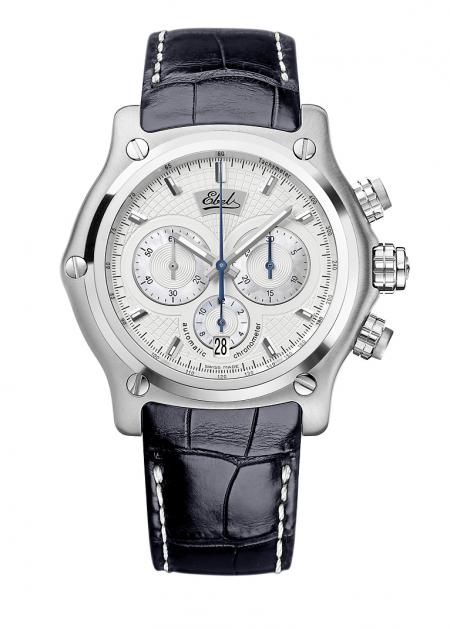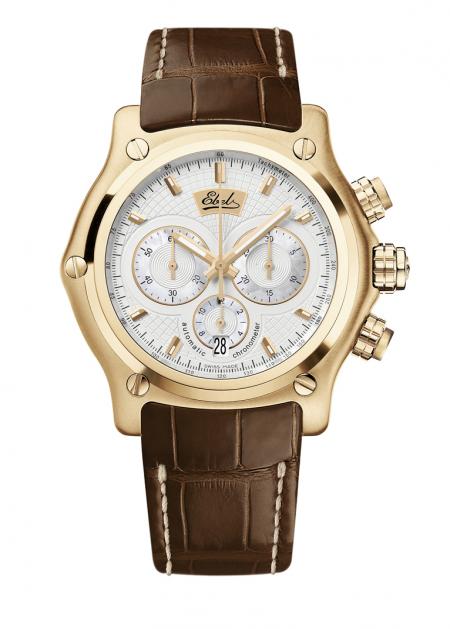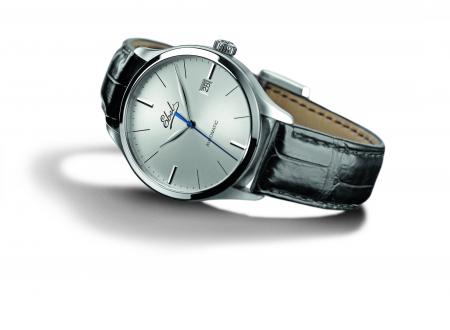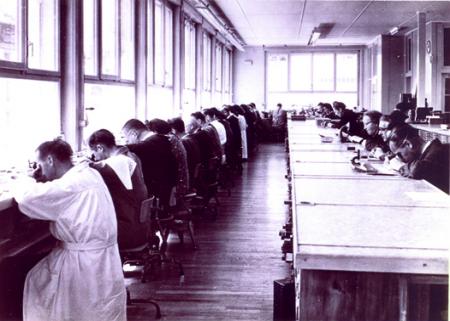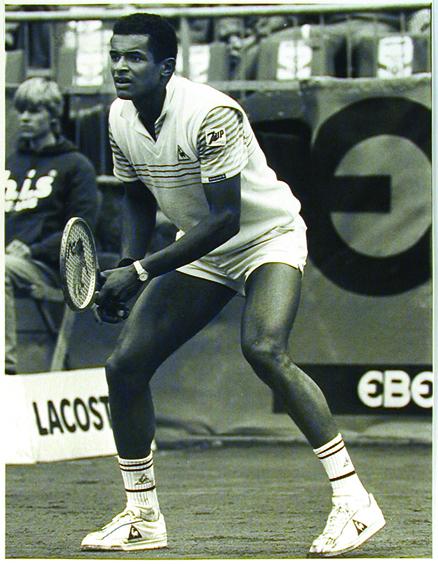Ebel celebrates its centenary
By MyWatch
EBEL is celebrating both an anniversary and the values that were instilled by its founders. From 1911 to 2011, the spirit of Eugène Blum and Alice Lévy has continued to guide the brand towards fresh peaks, while perpetuating the singular blend of elegance and expertise, design and technical precision that distinguishes all EBEL watches.
The finest creations arise from a love story, and such is definitely the case for EBEL. The first Architects of Time, who created the company on July 15, 1911, were partners in life who extended their personal association through this noble professional endeavor. Based in La Chaux-de-Fonds, one of the major centers of Swiss watch-making, Eugène Blum and Alice Lévy gave their company a name symbolizing the mingling of their personalities: EBEL – the acronym of “Eugène Blum Et Lévy”.
Exquisite attention to detail led them to lavish meticulous care on all of their collections, from feminine jewelry models and Haute Joaillerie creations to men’s timepieces, which were gradually deserting waistcoat pockets to be elegantly worn on the wrist. Thanks to the combined passion and energy of Alice and Eugène Blum, EBEL displayed considerable dynamism and an exceptional capacity to create refined and reliable watches – a consistent ability that inevitably earned it a string of distinctions and honors. As early as 1914, the brand received the gold medal at the Swiss National Exhibition in Bern for its patented ring watches. EBEL was also awarded the “Diplôme commémoratif de Grand Prix” for the Haute Joaillerie models presented at the International Decorative Arts Exhibition held in Paris in 1925.
The founders’ son, Charles Blum, joined the company in 1929 and proudly introduced a broader collection at the very first Basel watch and jewelry fair in 1930. It represented the culmination of his efforts towards improving the brand’s competitiveness. In parallel, he set up a production site capable of selling EBEL movements to other world-famous brands. The uncompromising approach to quality was already considered the key to success within this demanding industry. In 1935, EBEL became the first Swiss watch manufacturer to use the “Western Electric” system. This invention, the forerunner of the vibrograph, was the first device capable of measuring the precision of watch movements. As part of this quest for perfection admirably promoted by the talented watchmaker Marcel Reuche, EBEL encouraged the creation of the “Contrôle Technique des Montres” (CTM) in 1957 – a set of stringent controls guaranteeing the accuracy of Swiss watch-making worldwide.
The brand was resolutely on the way to international success when Pierre-Alain Blum broke off his career in the United States in his response to his father Charles’s request for him to take the helm of the company. His strong personality and his visionary spirit brought the brand international recognition, and the distribution network was strengthened around the world. Between 1970 and 1988, the number of employees rose from 40 to 700.
Convinced that EBEL must offer contemporary yet timeless watches, Pierre-Alain created the Sport Classic model in 1977. Its famous “wave” bracelet and fully integrated case were the signature features of a design with which brand identity is still inextricably bound. This introduction was followed by a number of iconic launches, including the Sport Chronograph in 1982, the Perpetual Calendar Chronograph in 1983, the Beluga in 1985 and the 1911 collection the following year. After ten years of the hegemony exercised by quartz technology, it was time to restore mechanical watches to their rightful pedigree within the modern watch-making world. The Architects of Time decided to use mechanical movements once again and to develop their own calibers, particularly the Caliber 137 launched in 1995 to power the 1911 collection.
EBEL’s worldwide reputation and visibility were further enhanced by the brand’s presence in the field of sports through sponsorship of prestigious events, such as the Davis Cup and the Swiss Open European Masters golf championship. A number of grand champions associated their names with that of the brand, including Stefan Edberg, André Agassi, Boris Becker, Colin Montgomerie, Bernhard Langer and Greg Norman. EBEL also secured the support of show business celebrities such as John Malkovitch, Dennis Hopper and Madonna, and became involved in patronage activities in cooperation with talented artists such as Barbara Hendricks and Leonard Bernstein, thereby progressively establishing itself in artistic and cultural circles.
Since that time, the EBEL brand has constantly capitalized on its assets and continued to enhance its reputation and expertise. The singular designs on which it has built its success have been updated, and the range enriched with innovative models. New in-house movements have been developed, perpetuating the knowledge and expertise steadily accumulated over the years in the field of mechanical horology.
It is no coincidence that EBEL now bears the signature, “The Architects of Time”. At the crossroads between art and engineering, as well as between technology and craftsmanship, architecture is an inexhaustible source of inspiration for the brand in its quest for enduring lines, absolute harmony and peerless creativity. Profoundly aware of the practical function of the instruments it creates and the necessity of guaranteeing their longevity, EBEL expresses its architectural aspirations through its determination to raise them above the level of mere functionality. Each detail of the finish, every ounce of the noble metals and each carat of the precious stones comprising an EBEL watch are developed and crafted with the same concern for infinite perfection. Just as they have been for the last one hundred years.
